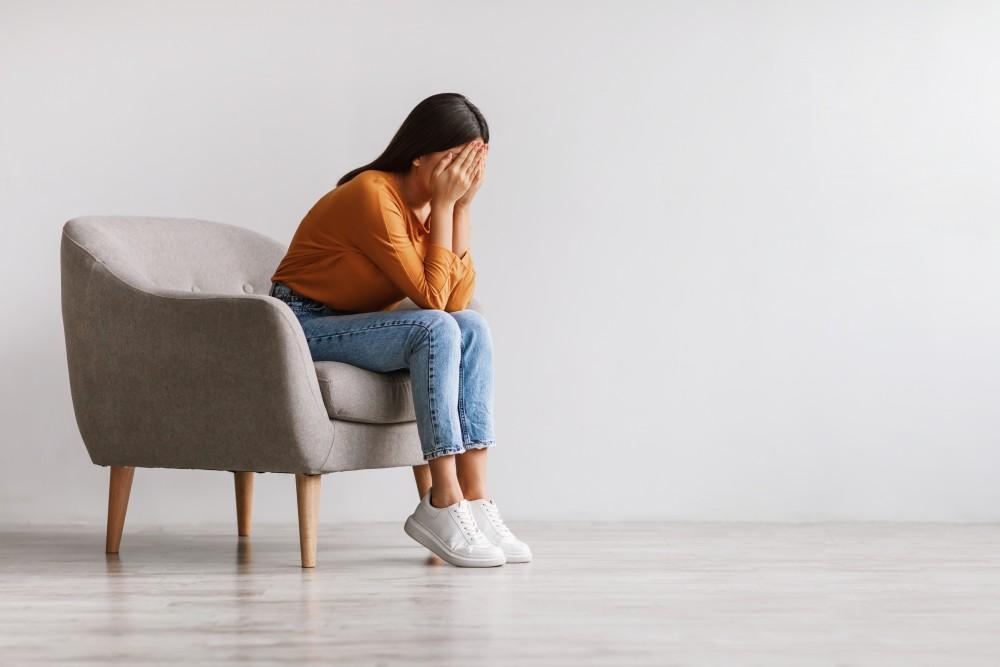
How Ketamine Differs From Antidepressants

Major depression affects 10-15% of women, men, and kids in the United States each year. About 10-30% of them don’t get relief from traditional antidepressant therapy.
Although ketamine and antidepressants each target brain chemicals that regulate mood, that's where their similarities end. Ketamine works differently from the way antidepressants do. That difference can mean the difference between life and death, if you have severe, treatment-resistant depression.
At Charlotte Ketamine Center in Charlotte, North Carolina, we offer three different forms of FDA-approved ketamine therapy for treatment-resistant depression. Neal Taub, MD, a board-certified physician, provides customized ketamine therapy on an outpatient basis.
Have you been frustrated and let down by traditional antidepressants? Here’s why ketamine is different and why it may work for you.
Ketamine isn’t an antidepressant
Even though ketamine treats depression, it’s not classified as an antidepressant drug. It’s actually classified as a dissociative anesthetic. Ketamine has been safely used as anesthesia in children, adults, and animals for decades. But what ketamine does depends on the dose.
Anesthesiologists use ketamine at high doses to keep patients unconscious during surgery. At low doses, though, ketamine’s an effective pain reliever and antidepressant.
Antidepressants aren’t anesthetics. Instead, they fall into one of four classes:
- Selective serotonin reuptake inhibitors (SSRIs)
- Serotonin norepinephrine reuptake inhibitors (SNRIs)
- Tricyclic antidepressants (TCAs)
- Monoamine oxidase inhibitors (MAOIs)
So, why — if you have depression — would you choose an anesthetic over an antidepressant?
Ketamine works when antidepressants don’t
Although most patients with depression respond well to antidepressants, up to one third don’t. If you’re among that percentage, you may have taken several types of antidepressants at varying doses. This frustrating process can take many months of trial and error. And still your depression’s unrelieved.
In contrast, when women and men with treatment-resistant depression take a single treatment of low-dose ketamine, 50-70% experience a dramatic improvement in symptoms. Ketamine can produce results for patients with major depression or bipolar depression, even if you’re suicidal.
Results are rapid
Antidepressants take weeks to alleviate your symptoms. That means you’re left in limbo after you start treatment. You won’t know for many days whether the treatment works.
But after an intravenous (IV) infusion of ketamine, most people notice relief within hours. Even though both ketamine and antidepressants affect neurotransmitters that regulate your moods, they do so differently.
Antidepressants target serotonin and dopamine, in the hopes of increasing their production over time.
Low-dose ketamine bypasses serotonin and dopamine. Instead, it directly affects levels of another brain chemical called glutamate. Ketamine quickly balances your glutamate levels. The result is that your mood almost instantly improves and your depression symptoms lift, too,
Fewer side effects
Because ketamine is a dissociative anesthetic, you may experience tingling or floating sensations during your treatment session. You could feel like you’re in a dream-like state, or you may develop dizziness, nausea, or blurry vision during a ketamine session. But these side effects go away shortly after the treatment.
Once your treatment is over, you remain in our office for at least an hour. We monitor your health before sending you home. You should arrange for somebody to drive you home.
Low-dose ketamine also has an impressive safety record. Over five years of using low-dose ketamine to relieve pain, veterans in one study reported virtually no side effects.
In contrast, antidepressants produce a wide range of side effects. Older antidepressants — including TCAs, MAOIs, and atypical antidepressants — are seldom prescribed because of their high side-effect profile.
Newer drugs, such as SSRIs and SNRIs, also sport long lists of possible side effects, including:
- Nausea
- Diarrhea
- Headaches
- Weight gain
- Sexual dysfunction
- Anxiety
- Dizziness
- Dry mouth
- Insomnia
When you develop these symptoms, your doctor must adjust your dose or switch you to a different medication.
If you’re tired of taking drug after drug that doesn’t work due to treatment-resistant depression, call our friendly staff at 704-519-6918 for a ketamine consultation today.
You Might Also Enjoy...


Nebulized Ketamine: Who It's for and What to Expect

Can Combined IV Treatment Help with Neuropathic Pain?

Ketamine Is Answering the Call for Treatment-Resistant Depression

Can Ketamine Help Alleviate Chronic Headaches and Migraines?

